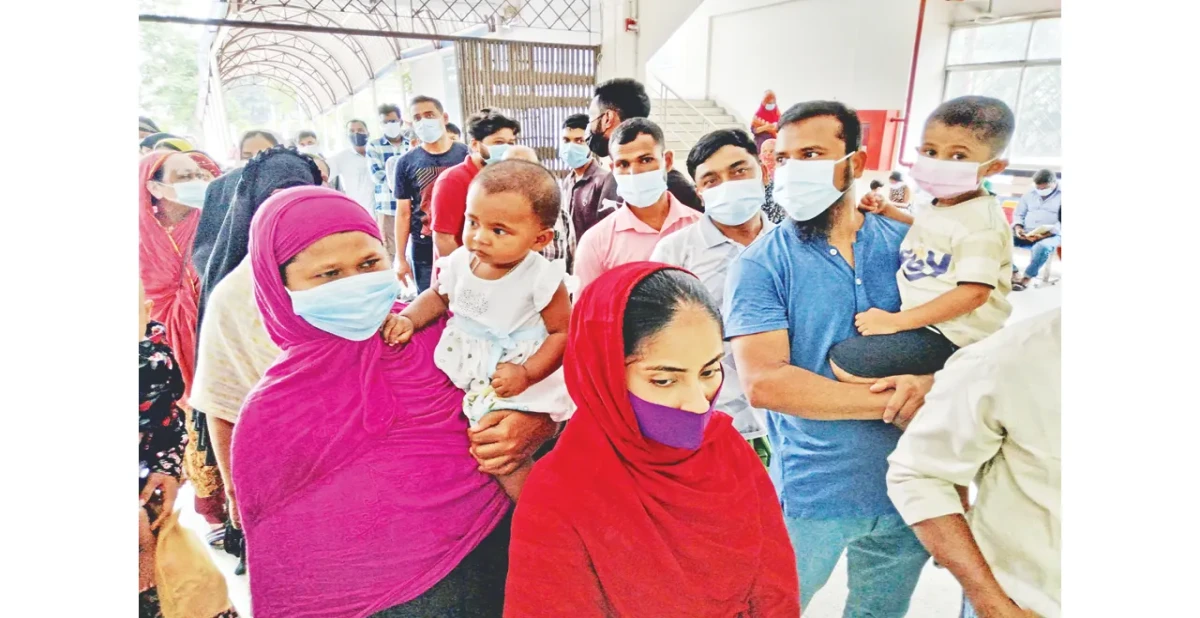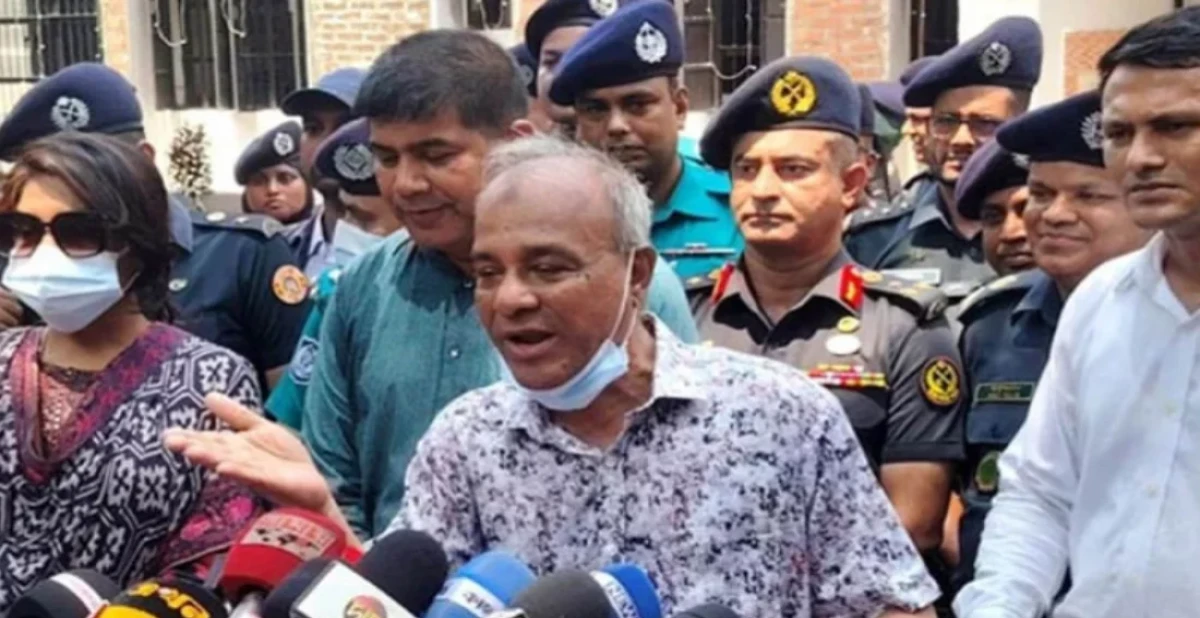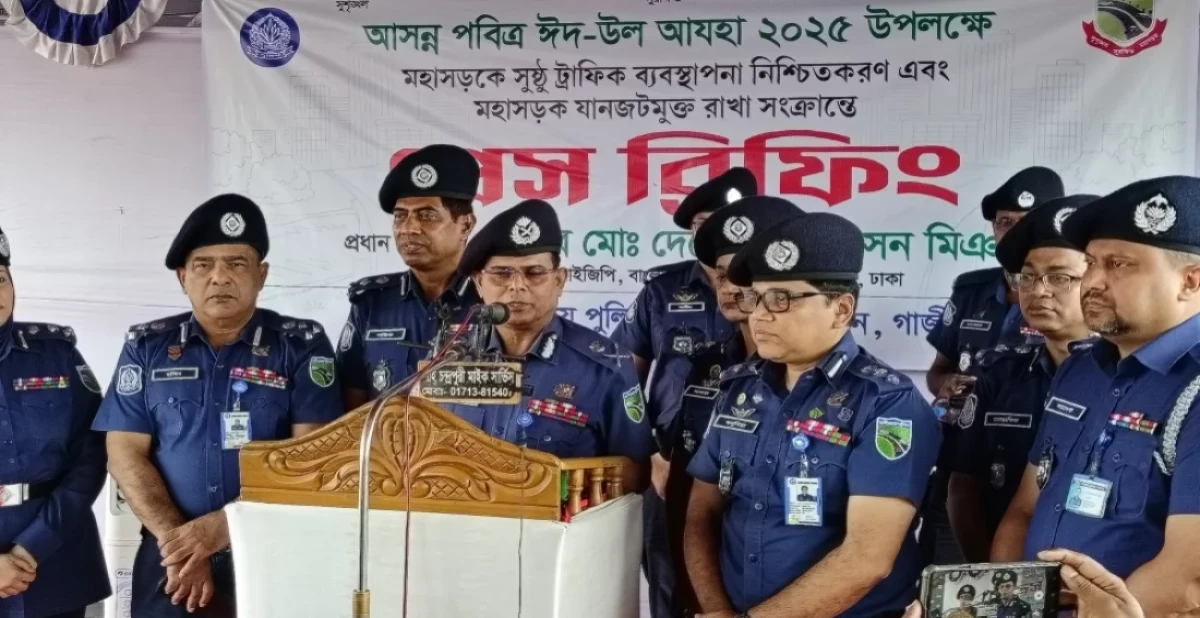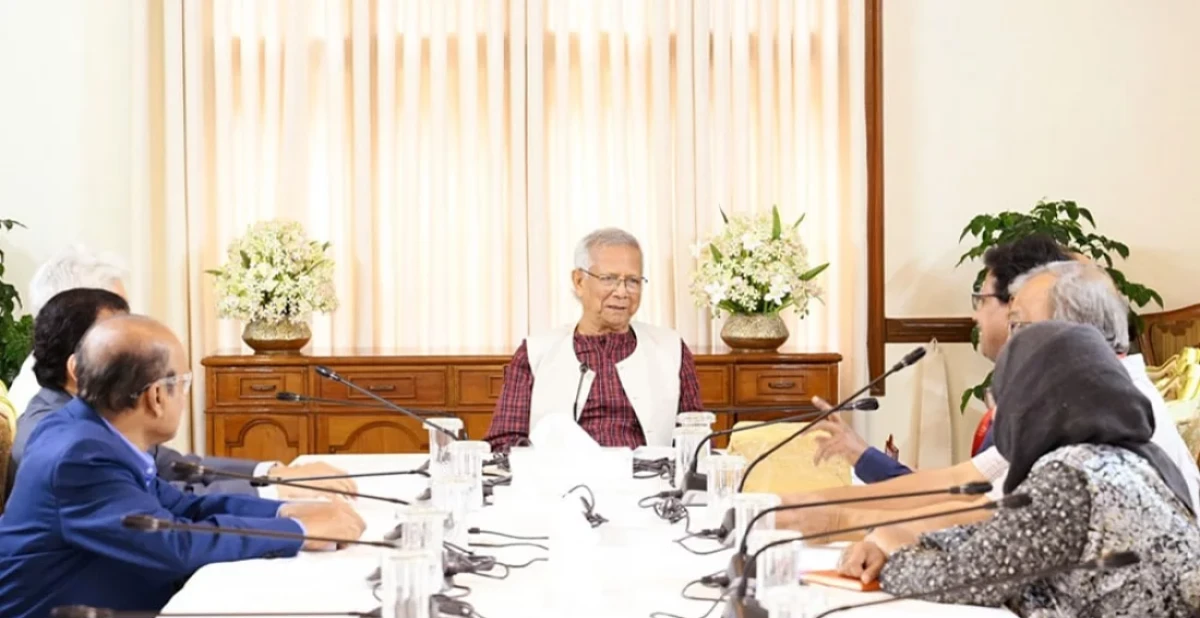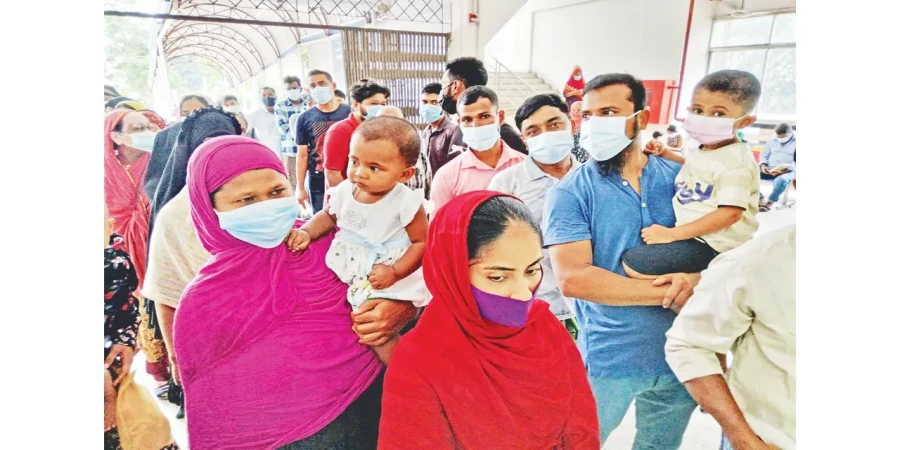
ছবি: Photo: Collected
With fresh infections and fatalities reported, opportunistic businesses drive up mask prices, creating artificial shortages and public panic.
As COVID-19 cases begin to rise again across Bangladesh, concerns over public health have been compounded by a resurfacing crisis—this time in the form of a revived mask syndicate. Reports from multiple regions indicate that certain business groups and pharmaceutical companies are manipulating the market, deliberately limiting supply to drive up mask prices, leaving the public facing both a health threat and financial exploitation.
According to a recent bulletin issued by the Directorate General of Health Services (DGHS), two new COVID-related deaths were recorded in the 24 hours leading up to Friday morning. In the same period, 15 people tested positive for the virus after 174 samples were tested, reflecting a positivity rate of 8.62 percent. The two fatalities included women aged between 21–30 and 71–80 years, one from Dhaka Division and the other from Chattogram, both treated in separate public and private hospitals.
Public fear is once again on the rise, not only due to the resurgence of the virus but also because of a sudden surge in mask prices and limited availability. Across the capital and several districts, retailers and wholesalers have confirmed a marked increase in demand, and with it, a significant price hike. Pharmacies have reported difficulties sourcing supplies, even after placing advance orders. In response, some consumers have begun stockpiling masks in anticipation of further price inflation.
Market insiders and shop owners in Mitford, Chawkbazar, Sutrapur, and Gendaria neighborhoods of Dhaka reveal that only days ago, a box of 50 surgical masks was selling for BDT 100. That same box now costs between BDT 140 and 150 at the wholesale level and BDT 180 to 200 in retail. Meanwhile, N-95 masks that were previously sold for BDT 10 each have now surged to BDT 20 per unit. This sudden spike has generated unease among customers, many of whom fear that prices could double or triple in the near future if authorities fail to intervene.
Pharmacy owners cite supply-side restrictions imposed by manufacturers as the main reason behind the shortage. Rahul Pal, owner of Chaiti Pharmacy in Sutrapur, reported that several days had passed since he ordered surgical masks from a major pharmaceutical company, including the popular Sepnil brand, but deliveries had yet to arrive. Despite placing bulk orders at increased prices, he said the suppliers were not meeting demand.
The current scenario bears striking resemblance to the situation during the initial COVID-19 wave in 2020. At that time, the market was flooded with substandard and overpriced masks, hand sanitizers, and gloves. Fraudulent products, often labeled with fake ISO or CE certifications, dominated shelves as syndicates exploited the panic. A similar pattern is emerging again, with questionable brands rapidly gaining presence in the market without proper verification of their quality or certification claims.
The ongoing crisis has raised serious concerns about regulatory oversight and government action. So far, there has been no report of any market monitoring or enforcement drives by the Directorate of National Consumer Rights Protection or the Ministry of Health. The lack of official intervention has allowed opportunistic vendors to manipulate prices with impunity. Moreover, the absence of an officially declared maximum retail price (MRP) for masks has left consumers vulnerable to exploitation.
Several pharmacy visitors voiced their frustration over both the high prices and limited availability of masks. Touhidul Islam, a customer attempting to buy masks in Dhaka, said he had read about the rising infections and wanted to follow public health recommendations by wearing masks. However, he was surprised to find that masks were out of stock in many places, and when available, the prices were unjustifiably high.
Health experts warn that the current variant of the coronavirus may be milder compared to previous waves, but it still poses significant risks for the elderly and those with underlying conditions. They emphasize that masks remain a critical line of defense in preventing infection. In light of this, they urge the government to take swift action to stabilize the market, ensure affordable access to protective equipment, and ramp up hospital preparedness, public awareness, and regular updates through media platforms.
Bangladesh's battle with COVID-19 began on March 8, 2020, when the first case was confirmed. Infection rates surged by June and July, prompting the government to impose lockdowns, shut down schools, and stretch healthcare resources to the limit. The Delta variant in mid-2021 triggered some of the deadliest waves, with daily death tolls surpassing 100. Though the Omicron variant in 2022 brought some relief, newer sub-variants have continued to emerge sporadically.
In May 2023, the World Health Organization officially withdrew its classification of COVID-19 as a global health emergency. Nevertheless, experts continue to caution that the virus has not disappeared but instead evolved into new forms. Bangladesh, like many other nations, now faces the challenge of maintaining long-term vigilance while balancing public health priorities with economic realities.
To date, COVID-19 has claimed 29,502 lives in Bangladesh, with a total of 2,051,800 confirmed cases. Despite these staggering numbers, current preparedness appears inconsistent, especially in market regulation. Experts argue that lessons from the past must guide present responses to avoid a repeat of the earlier crisis where misinformation, supply shortages, and profiteering amplified the impact of the pandemic.
With renewed urgency, healthcare professionals, consumer rights activists, and civil society are calling for coordinated government action to curb unethical practices, stabilize mask supply chains, and ensure equitable access for all segments of the population. Failure to act now, they warn, could not only intensify the health crisis but also lead to broader economic and social repercussions.
repoter



